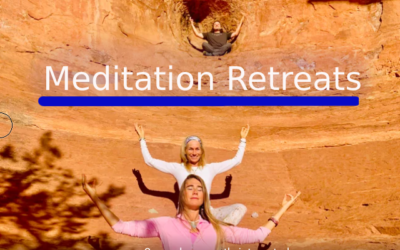At the heart of every successful fitness journey lies a deep-seated belief in the power of exercise to transform our lives. Whether we're looking to boost our energy levels, strengthen our bodies, or simply feel better about ourselves, a regular workout routine can make all the difference. However, getting started can be a challenge, especially if you're struggling with motivation or find it hard to stick to a plan.
That's where Kelly McGonigal comes in. As a health psychologist and author of "The Joy of Movement," she's an expert in the science of exercise and its impact on our mental and emotional well-being. Her research has shown that exercise not only helps us build physical strength and endurance but also enhances our mood, reduces stress, and boosts our overall quality of life. Kelly McGonigal Free Webinar Access
In this article, we'll explore some of the key insights from McGonigal's work and learn how to build an exercise mindset that can help us achieve our fitness goals.
Understanding the Power of Exercise
Before we dive into the specifics of how to build an exercise mindset, it's important to understand why exercise matters in the first place. According to McGonigal, exercise has a range of physical, mental, and emotional benefits that go far beyond just burning calories. Some of the most significant advantages include:
- Improved mood: Exercise triggers the release of endorphins, which are feel-good chemicals that help to reduce stress and improve our overall sense of well-being. Research has shown that regular exercise can be as effective as medication for treating depression and anxiety.
- Enhanced cognitive function: Exercise has been shown to improve memory, attention, and focus. It can also help to slow down cognitive decline in older adults.
- Better sleep: Exercise can help to regulate our circadian rhythms and promote better sleep, which is essential for overall health and well-being.
- Stronger immune system: Regular exercise has been linked to a stronger immune system and a lower risk of chronic diseases such as diabetes, heart disease, and cancer.
Building an Exercise Mindset
So how can we build an exercise mindset that helps us reap these benefits and achieve our fitness goals? Here are some key strategies to keep in mind:
1. Focus on the Positive
One of the most important things we can do to build an exercise mindset is to focus on the positive aspects of physical activity. Instead of seeing exercise as a chore or a punishment, we can reframe it as an opportunity to improve our health and well-being. This shift in perspective can make all the difference in our motivation levels and our ability to stick to a routine.
2. Set Realistic Goals
Another important strategy is to set realistic goals for ourselves. Rather than aiming for an unrealistic ideal, we can set achievable targets that push us just enough to challenge ourselves but not so much that we feel overwhelmed. This might mean starting with just 10 minutes of exercise per day and gradually working our way up to longer sessions.
3. Create a Plan
Having a clear plan in place can also help us build an exercise mindset that supports our goals. This might include scheduling specific workout times, choosing activities that we enjoy, and finding ways to hold ourselves accountable (such as tracking our progress or working out with a friend).
4. Be Kind to Yourself
Finally, it's important to be kind to ourselves and to recognize that building an exercise mindset is a process. There will be days when we feel unmotivated or struggle to stick to our plan, and that's okay. By practicing self-compassion and acknowledging our progress (no matter how small), we can stay motivated and committed to our fitness journey.
The Joy of Movement by Kelly McGonigal. https://amzn.to/3NmbOvX
Kelly McGonigal Free Webinar Access
Additionally, It can be helpful to talk to a friend or family member about your feelings or seeking the help of a therapist.























